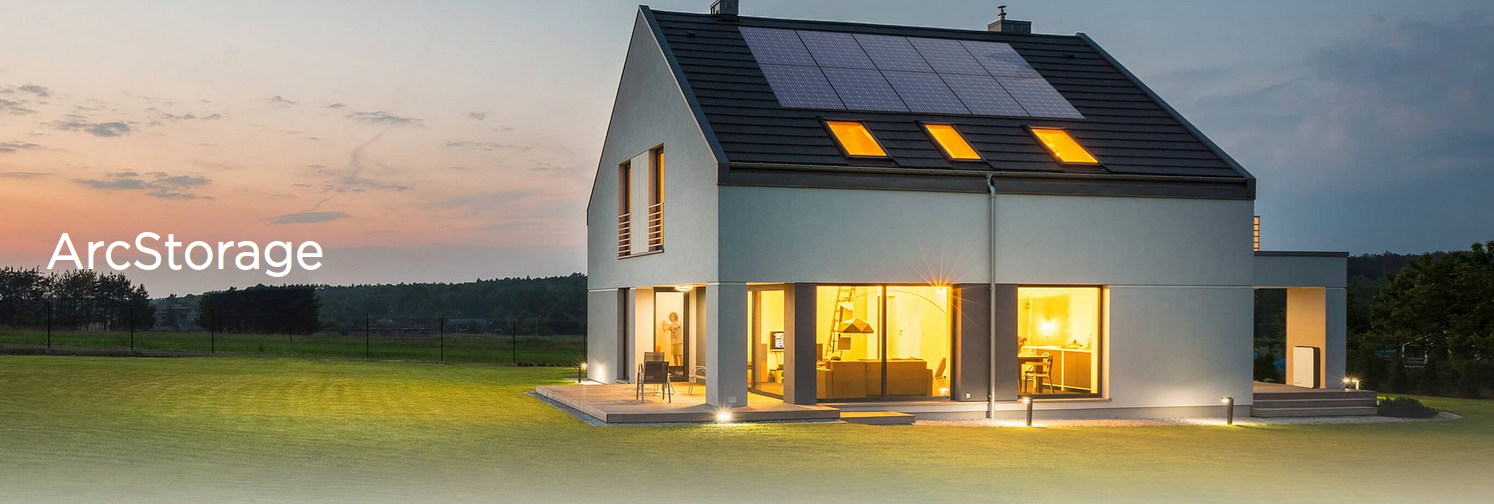ArcActive

Arc of innovation.
In the 1970s, former ArcActive CTO Professor John Abrahamson was the first person to find and characterise Carbon Nano Tubes ("CNTs”). Carbon Nano Tubes exhibit remarkable electrical conductivity, and have exceptional tensile strength and thermal conductivity. In 2007, John joined forces with ArcActive CEO Stuart McKenzie, and ArcActive was founded with the goal of developing a continuous process for arc-treating carbon fibre. The resulting technology, now patented as ArcCarbon, has been leveraged by the ArcActive team to improve the charge acceptance and longevity of lead acid batteries, finally unleashing the full capability of this ubiquitous technology. “Lead [acid] batteries are by far the most important market, with greater than 70% market share of the rechargeable battery market." Christophe Pillot, Avicenne Energy, 2020

Our Mission.
We strive to create low-cost decarbonisation through innovation.
That’s our ‘why’. It’s what gets us out of bed every morning, and it’s what drives our company forward each day. For almost 15 years, we’ve been re-engineering the lead acid battery industry.
Improving battery technology is a huge opportunity to reduce CO2 emissions, whether by enabling the electrification of vehicles or supporting the growing use of renewable energy.
We keep our environmental impact low.
While lithium-ion batteries are an important technology, lead acid batteries (LAB) have been widely deployed for well over 100 years, and the LAB industry shows no signs of slowing down. In fact, the lead acid battery is the most recycled consumer product in history.
Enough lead has already been extracted from the ground to ensure a constant supply of lead acid batteries. That’s why we believe that the quickest way to drive low-cost decarbonisation at scale is by re-engineering the lead acid battery industry.


